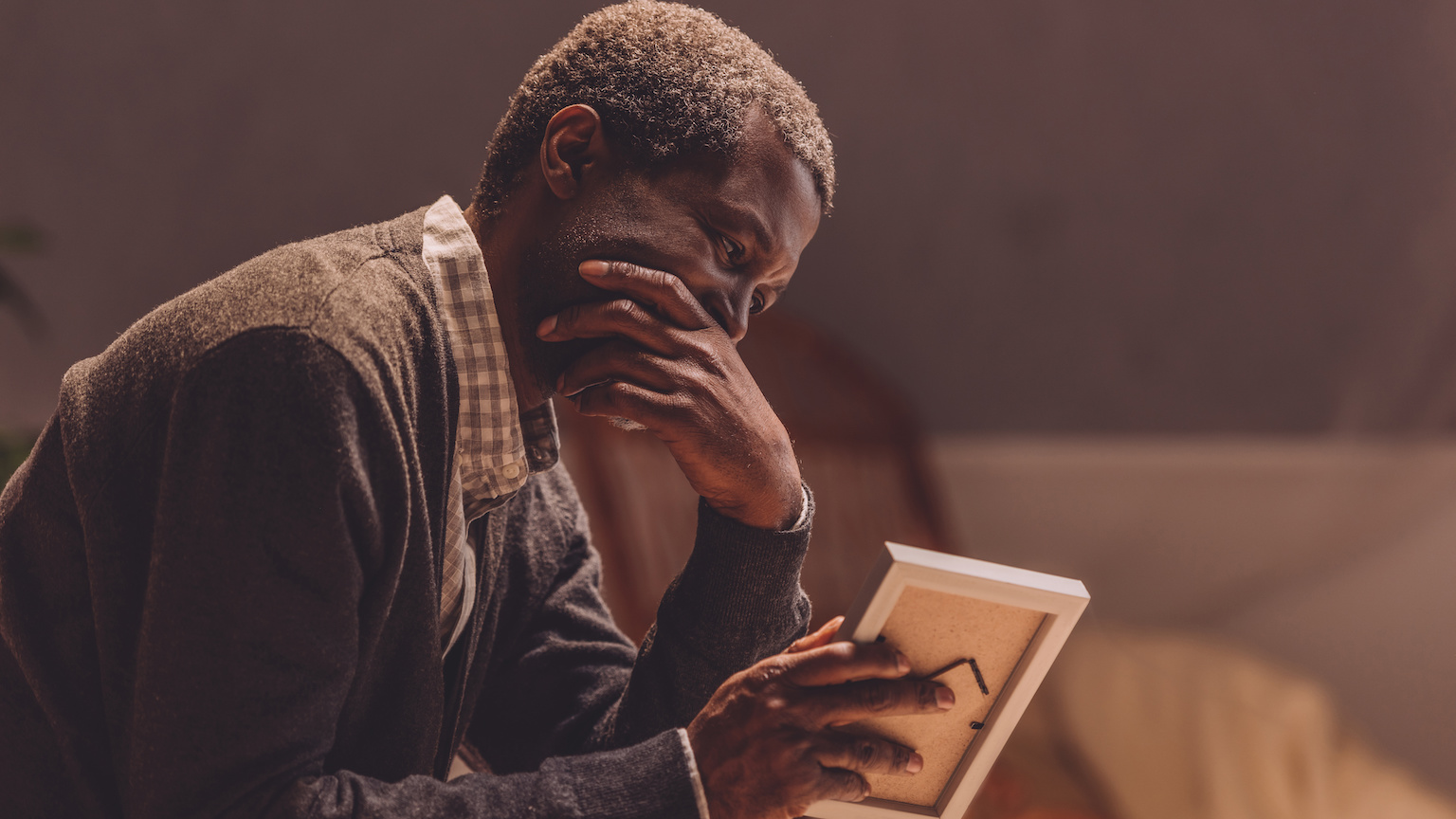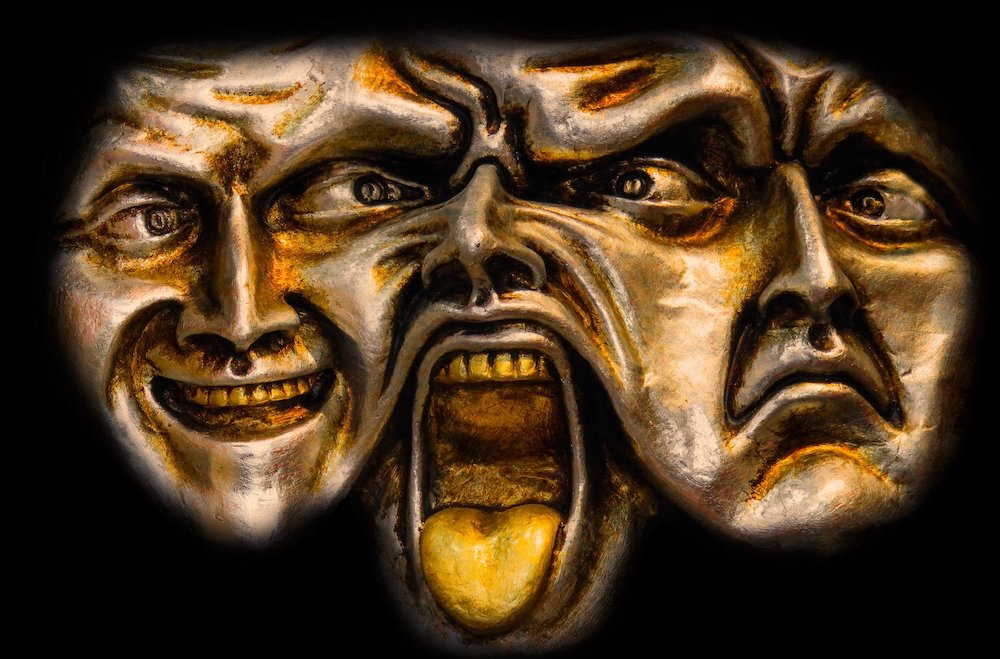Nostalgia: powerful, poignant — and a painkiller

- Nostalgia is a peculiar feeling. It is the sentimental reminiscence of happy times, and yet it leaves us feeling curiously sad.
- Nostalgia reveals that we do not live only one life but many lives. We look back on our past selves with a poignant and disconnected sense of change.
- New research shows in what ways nostalgia is good for us. It even acts as an effective method of pain relief.
As we get older, we spend more time looking backward. We reflect on all those happy days in our past, reminiscing about days of warmth, laughter, security, and love. Our memory is a funny old thing. It is not some photographic record, but rather it selects, exaggerates, and warps everything. Our peaks and troughs, our highs and lows, come looming out from the great fog of time.
Nowhere is this truer than with nostalgia. Nostalgia is a peculiar feeling — slippery and, in many ways, indefinable — but it’s a key aspect to being human. According to new research, it might even make being human a bit easier, as well.
In search of lost time
There is great depth to nostalgia. While love, fear, or anger might move and evoke great passion, nostalgia lies in a much subtler place. It is the heart-aching reminiscence of your parents singing you to sleep. It is in the laughter of friends we once knew, but which now echoes into an empty space. It is in first love, childhood pets, movie nights, Christmas mornings, and final goodbyes. It is great joy, shadowed with sadness and longing. It is that dark well of poignancy that makes you feel lonely and without something you once had. It is the tear-soaked smile of happy times, no longer here.
Nostalgia plays a foundational role in who we are. It juxtaposes us as a now against what we once were. As the French essayist, Michel de Montaigne, reflected, “To be able to enjoy your former life again is to live twice.” It is a keen observation, and one which highlights a remarkable aspect of the human condition. The older we get, the more we realize that life is made of episodes and stages. There are facets of ourselves that are more or less constant, but who we are today can feel strangely remote from our childhood. We look on our past like some oddly familiar story to reread.
Hence, there is a disconnect and alienation that comes with nostalgia. We look back on our previous selves and we feel as if we have changed. We see that our path has wandered far from its original way, that we hardly know who we once were, or who we are now.
The good in nostalgia
The reason nostalgia is so peculiar is that it’s really hard to say if it’s good or bad. The reminiscence of past happiness feels nice, but the longing and sense of absence it leaves can be deeply upsetting. What’s interesting, though, is a recent study has shown that nostalgia can also make pain more bearable. It even goes some way to numbing that pain altogether.
When we reflect on our past with the glow of nostalgia, there is a whole host of benefits. It promotes psychological wellbeing, increases physical comfort, and reduces distress. But, what the paper from the Chinese Academy of Sciences has revealed is that it even serves as an analgesic — it relieves pain.
The team took 34 participants and exposed them to “26 nostalgic images… to induce nostalgic feelings.” Once everyone was feeling sufficiently sentimental, they were then exposed to “thermal pain stimuli.” The participants had hot, and then hotter, instruments pressed to their right arm. The results showed that “the more nostalgic the participants felt, the less pain they perceived.”
Curiously, when the participants saw merely “pleasant” images, there was not a notable correlation with pain relief. It is specifically the feeling of nostalgia, what the paper calls a “sentimental longing for one’s past,” that has such an “analgesic effect.”
More or less nostalgic
Montaigne once wrote, “Let babes look ahead, old age behind… The years can drag me along if they will, but they will have to drag me along facing backwards.” It’s the observation that, as time passes, we spend more and more of our lives in remembrance. We long to see loved ones now gone or to relive the carefree days of easy answers and happy nonsense that defines (the lucky) childhood.
It is a point that will resonate for some but not all. The “no regrets” and “look forward” mindset is no doubt important — healthier and more secure, perhaps — but nostalgia is an unavoidable, soulful tug. It is part of moving on and growing up. It is the snake, looking back on all the skin it has shed. Nostalgia is the poignant window to what is now gone.
So, take a wistful moment to reminisce about all those lives lost, because we now know it is mightily good for you to do so.
Jonny Thomson runs a popular Instagram account called Mini Philosophy (@philosophyminis). His first book is Mini Philosophy: A Small Book of Big Ideas.





